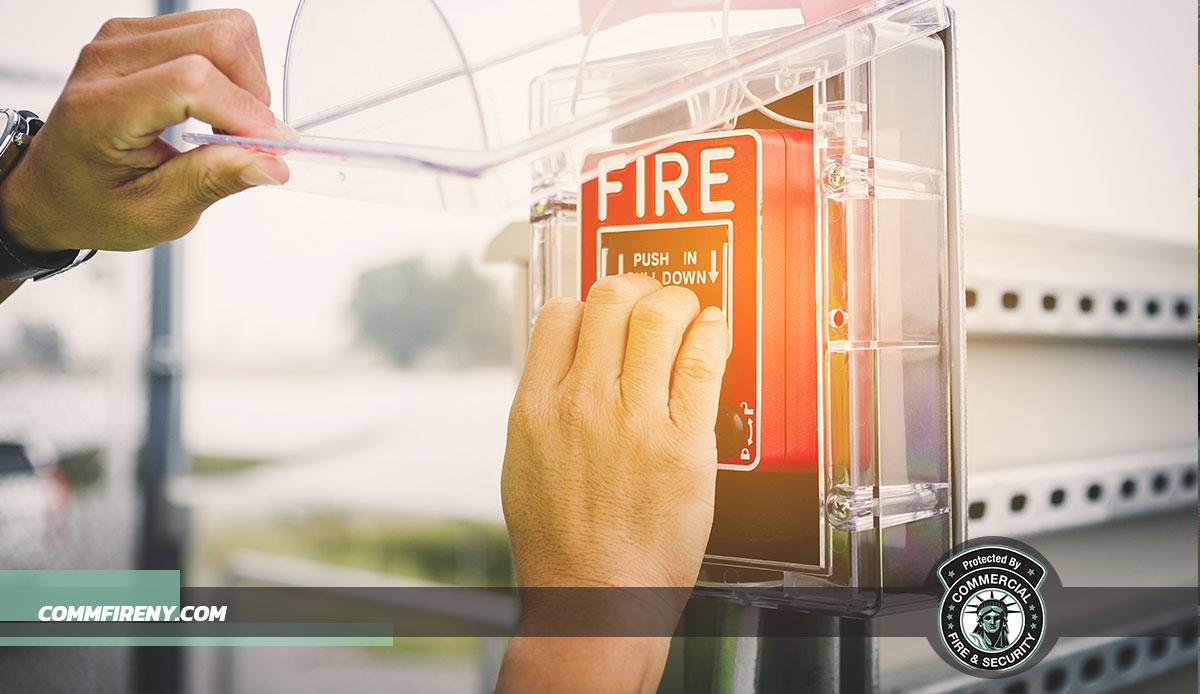Life Safety Blog
Subscribe today to get life safety tips and news on local ordinances that may affect your home or business.
"*" indicates required fields
Protect your Long Island business with commercial fire alarm systems by Commercial Fire & Security. Schedule your free consultation today.
Read MoreChoosing the right security partner isn’t just about installing a few cameras and calling it a day. If you’re a business owner in Long Island, Queens, Brooklyn, the Bronx, or Manhattan, your security needs to be proactive, reliable, and customized to your environment.
Read MoreWhen was the last time you took a hard look at your business’s security system? Many Long Island business owners assume they’re protected—until a break-in, equipment failure, or costly theft proves otherwise.
Read MoreRetail theft isn’t just a big-city problem anymore—it’s happening every day in local businesses across Long Island, Queens, Brooklyn, and the Bronx. From convenience stores to clothing boutiques, shoplifters and smash-and-grab thieves are targeting businesses that lack proper surveillance and alarm protection.
Read MoreWhen you run a business in Long Island or the surrounding boroughs—Brooklyn, Queens, Manhattan, or the Bronx—you can’t afford to trust your safety to just any security provider. Yet many business owners are stuck with national alarm companies that offer cookie-cutter solutions, long wait times, and frustrating customer service.
Read MoreA modern commercial security system is an investment in the future of your business. From enhancing safety to streamlining operations and boosting profits, the benefits are undeniable.
Read MoreSlip and fall lawsuits are as old as time, and they’ve become even more prevalent after the pandemic. Considering how rampant these claims are, every business needs the added liability protection that video surveillance can provide. Consider the following information about preventing slip and fall lawsuits with video surveillance.
Read MoreNow is the time to assess the adequacy of your small business security. New York small business owners need adequate security technology more than ever before, in a time of elevated criminal risks that transcend industry and location. Commercial Fire & Security can help, with area-controlled small business security solutions for any property size. Here’s…
Read MoreWhen kids go back to school, home security can give parents true peace of mind. Find out what you’re missing.
Read MoreWhile the motion sensors in your system may be enough to stop an intruder from following through with his plans, consider this: If he decides that breaking the glass on a door or window is his ticket to entry, then the glass break detectors will send him running even faster.
Read More















